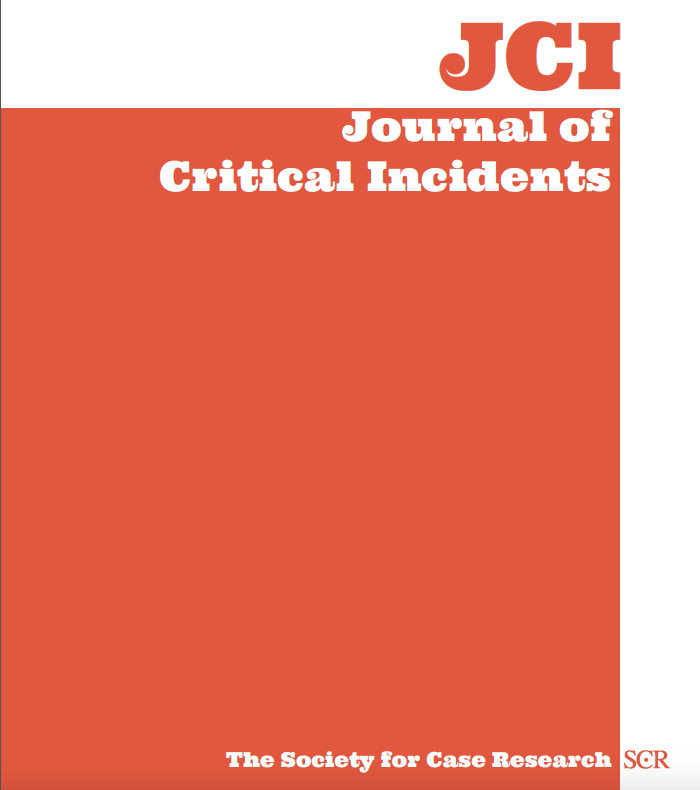Tesla in the Driver’s Seat

On September 10, 2017, as Hurricane Irma moved toward Florida, one Tesla owner with a 60wKh battery capacity phoned in to ask if Tesla would grant him the battery power equal to a 75wKh model. This owner knew that while the Tesla model he purchased had been more costefficient due to the lower capacity battery, it actually held the same higher capacity 75wKh battery as a more expensive model, and the company could offer him that extra power remotely through an over-the-air software update to his vehicle. The question worked its way up from the Tesla phone respondent to the manager in charge of making the final decision: to grant the extra battery power or not to grant it. Before deciding, the manager had to grapple with the repercussions of Tesla’s price discrimination strategy, ethics, and the evolving nature of car ownership due to technology.
In analyzing this critical incident, students will do the following:
1. Evaluate the pros and cons of price discrimination practices
2. Evaluate the ethics of price discrimination with respect to consumers
3. Evaluate the decision Tesla actually made, and whether it was the right decision from both an ethical and economic business perspective
4. Analyze the changing nature of product ownership (product vs. service) as technologies continue to emerge
Application
This critical incident is appropriate for both undergraduate and graduate students in management, marketing, and strategy courses.
